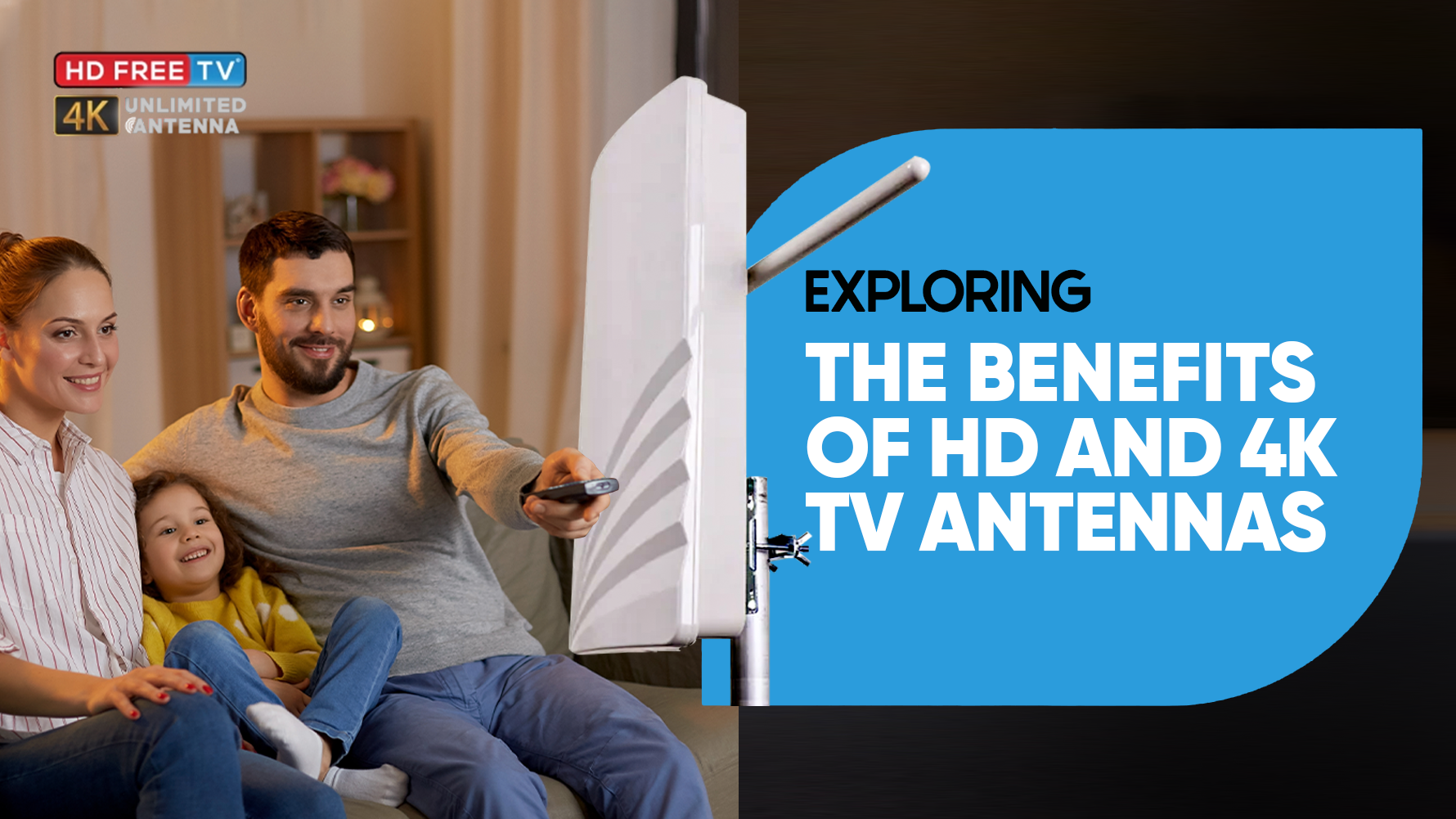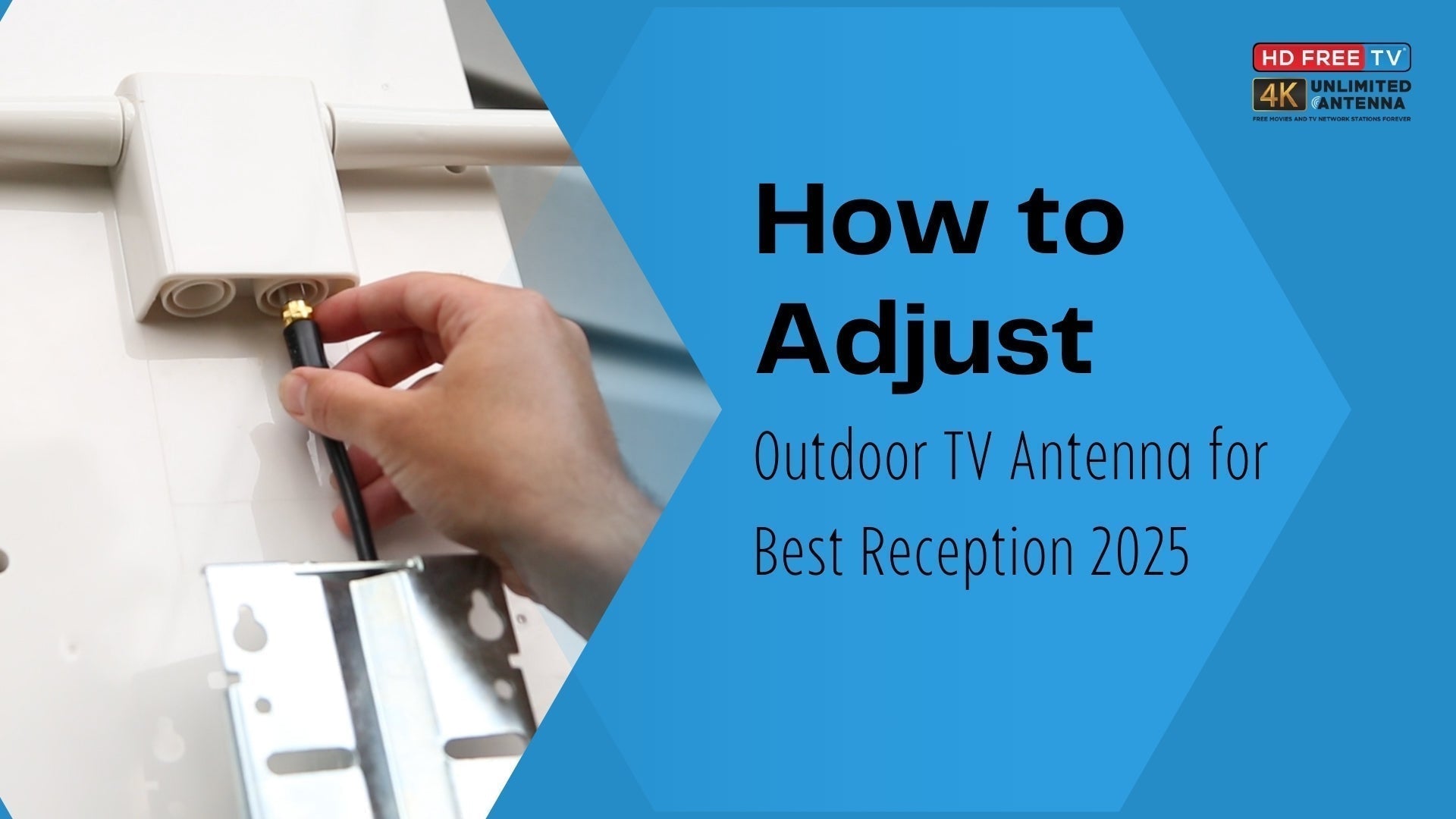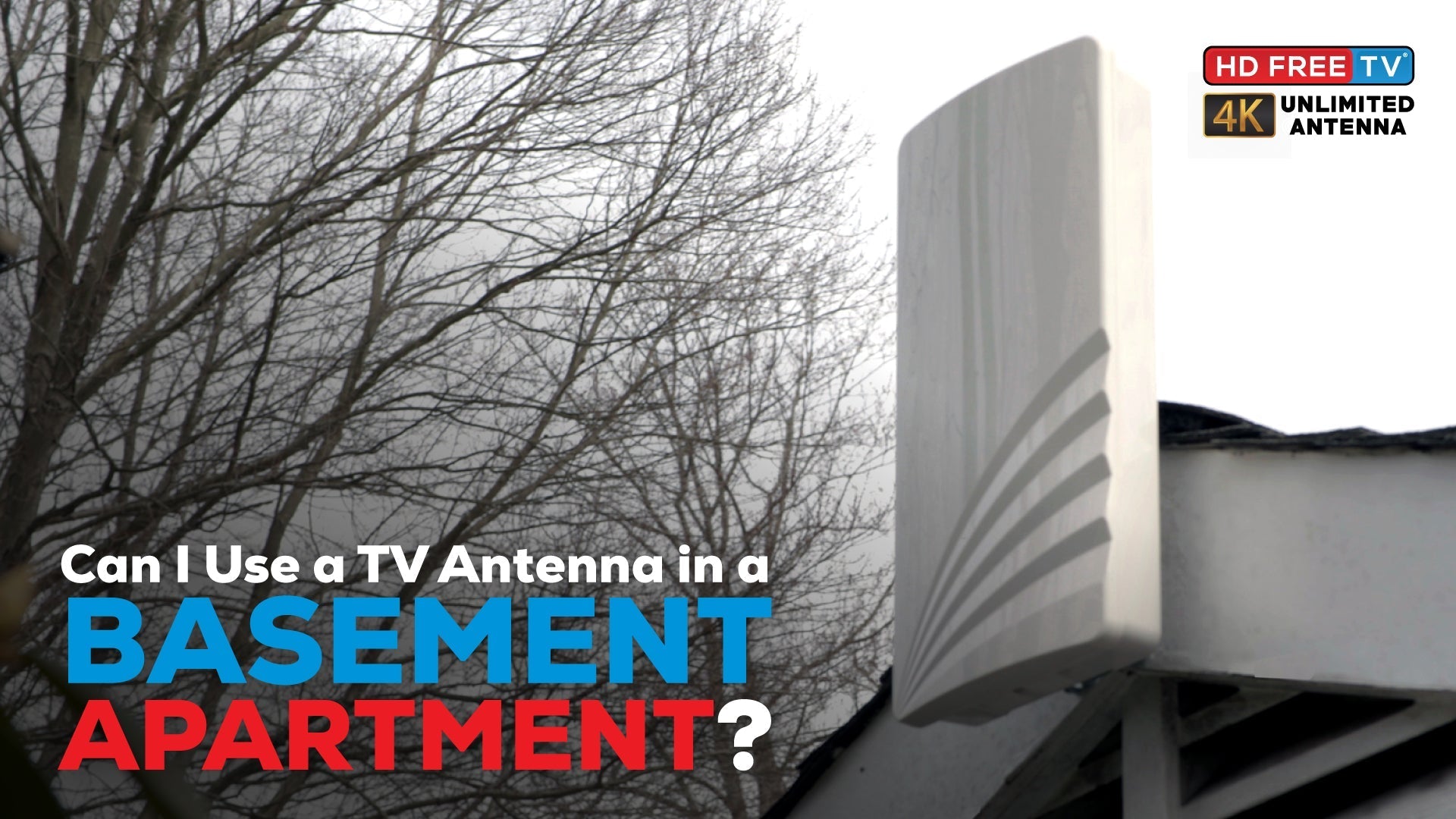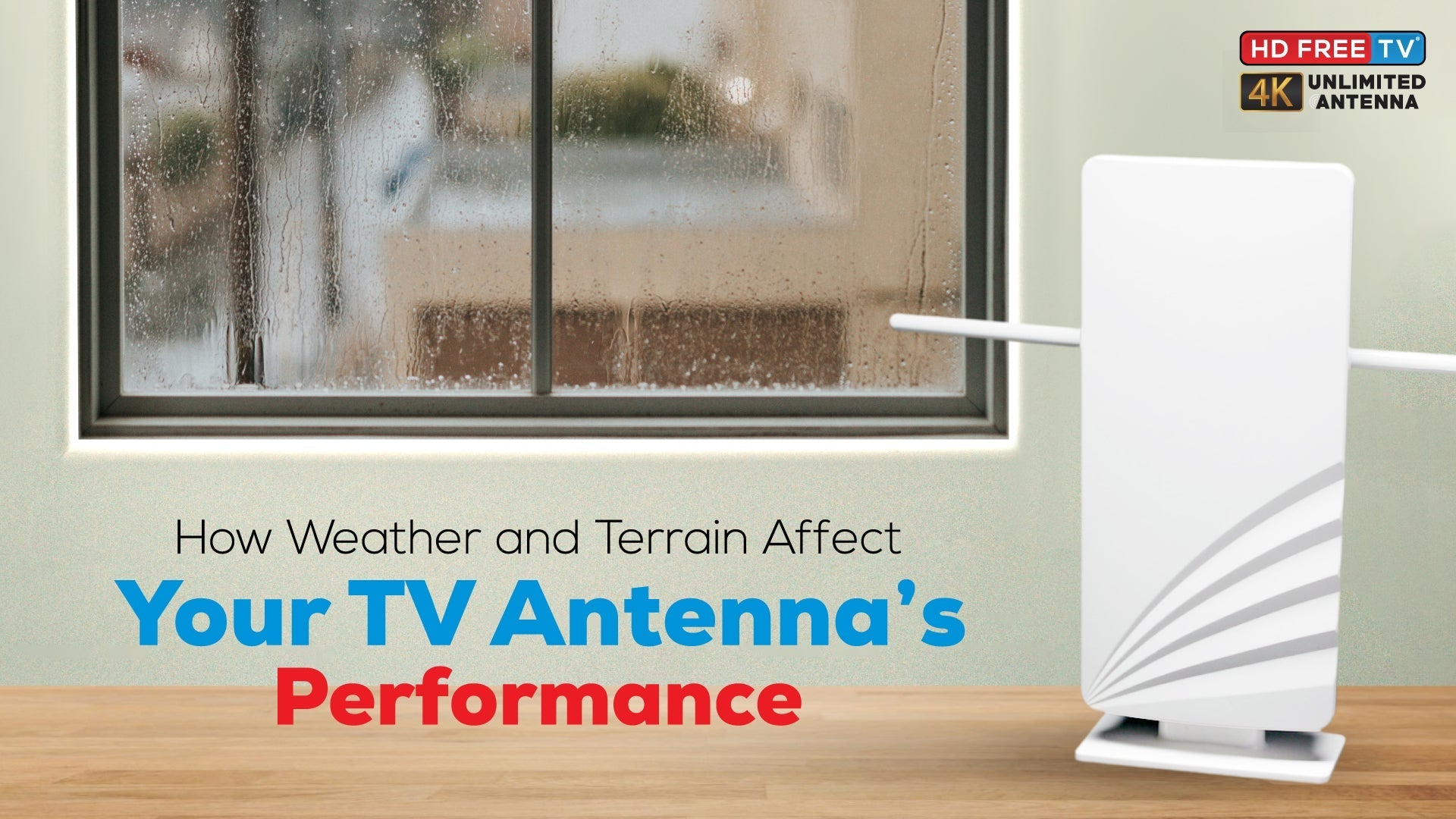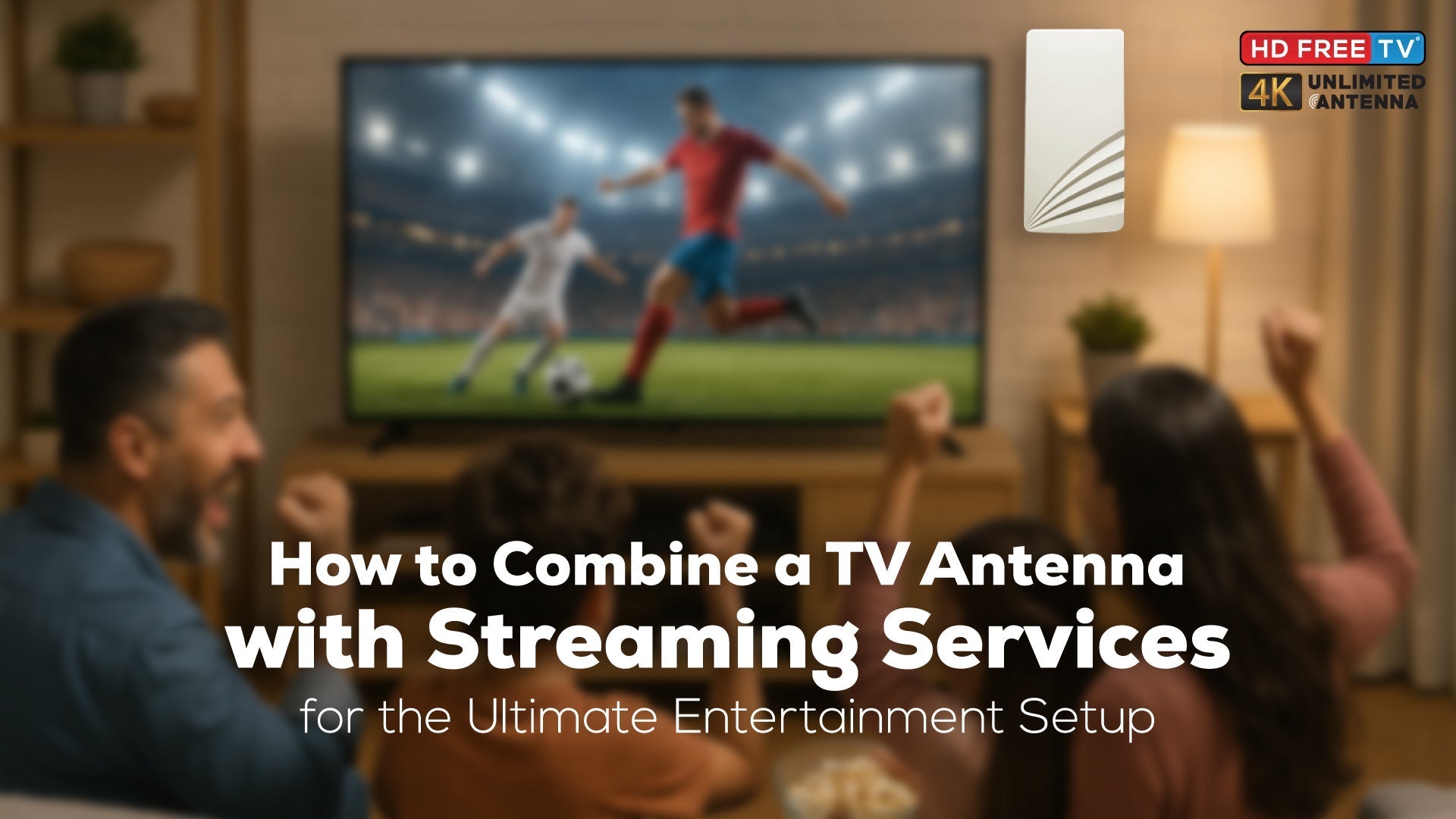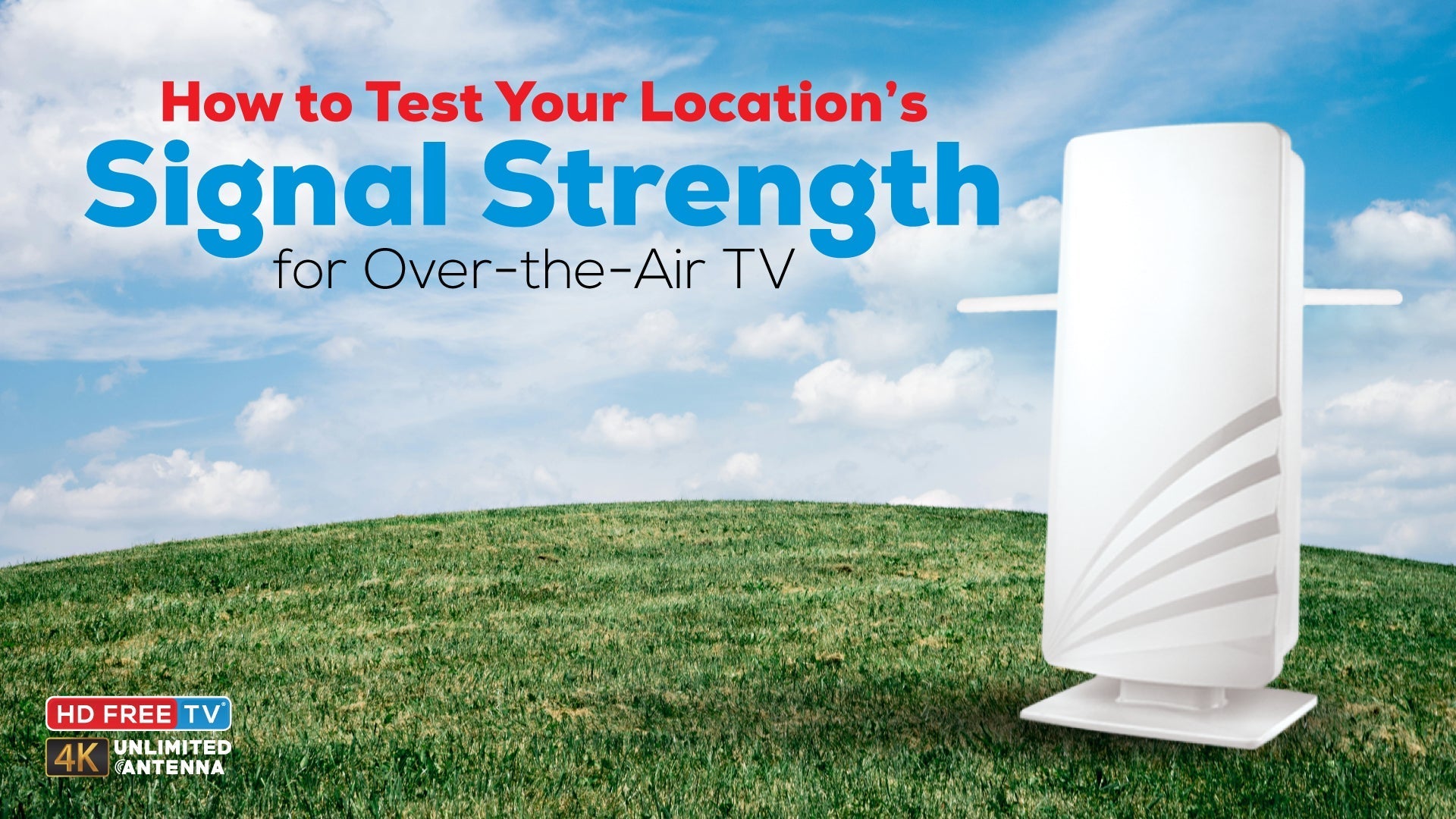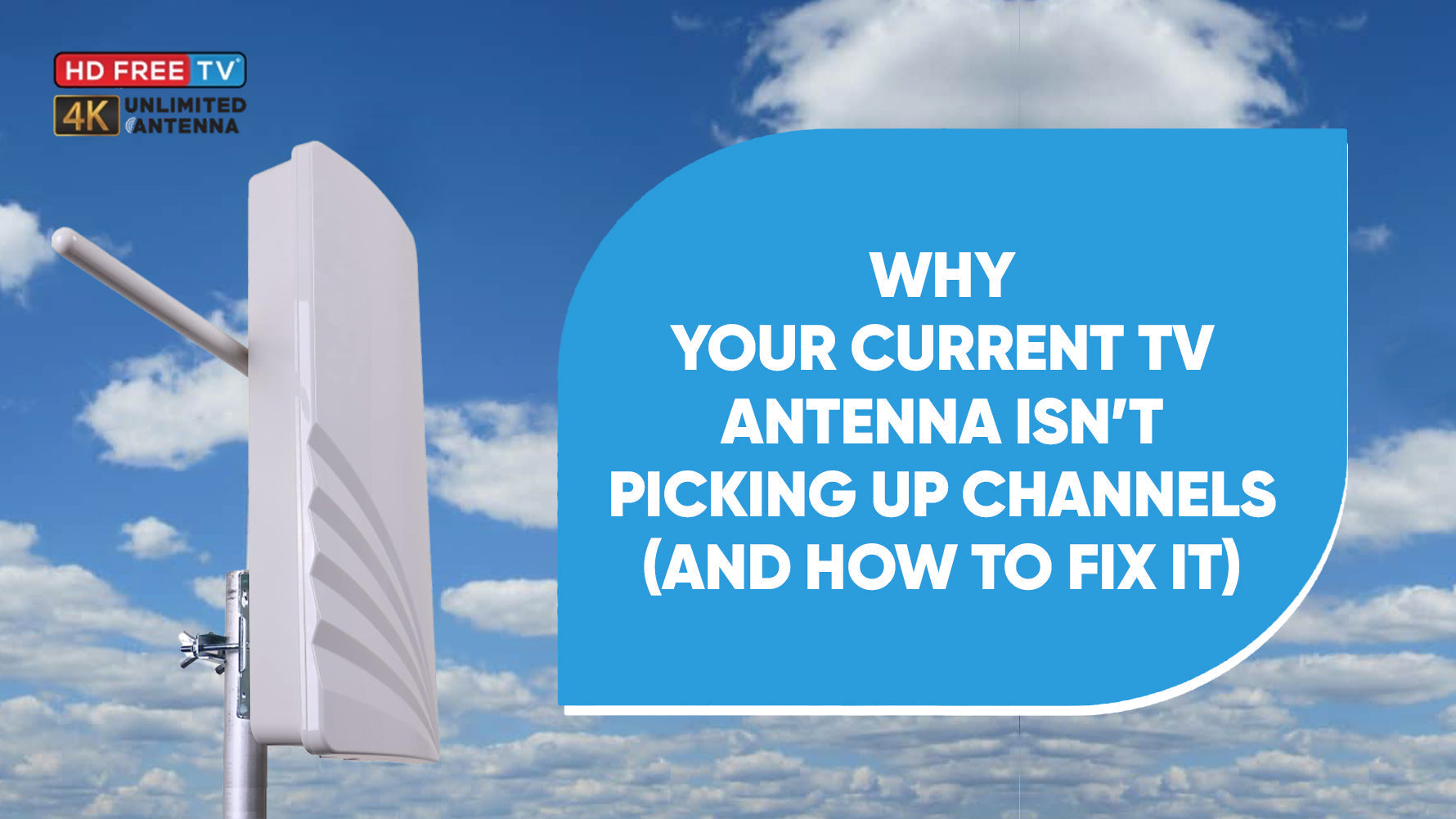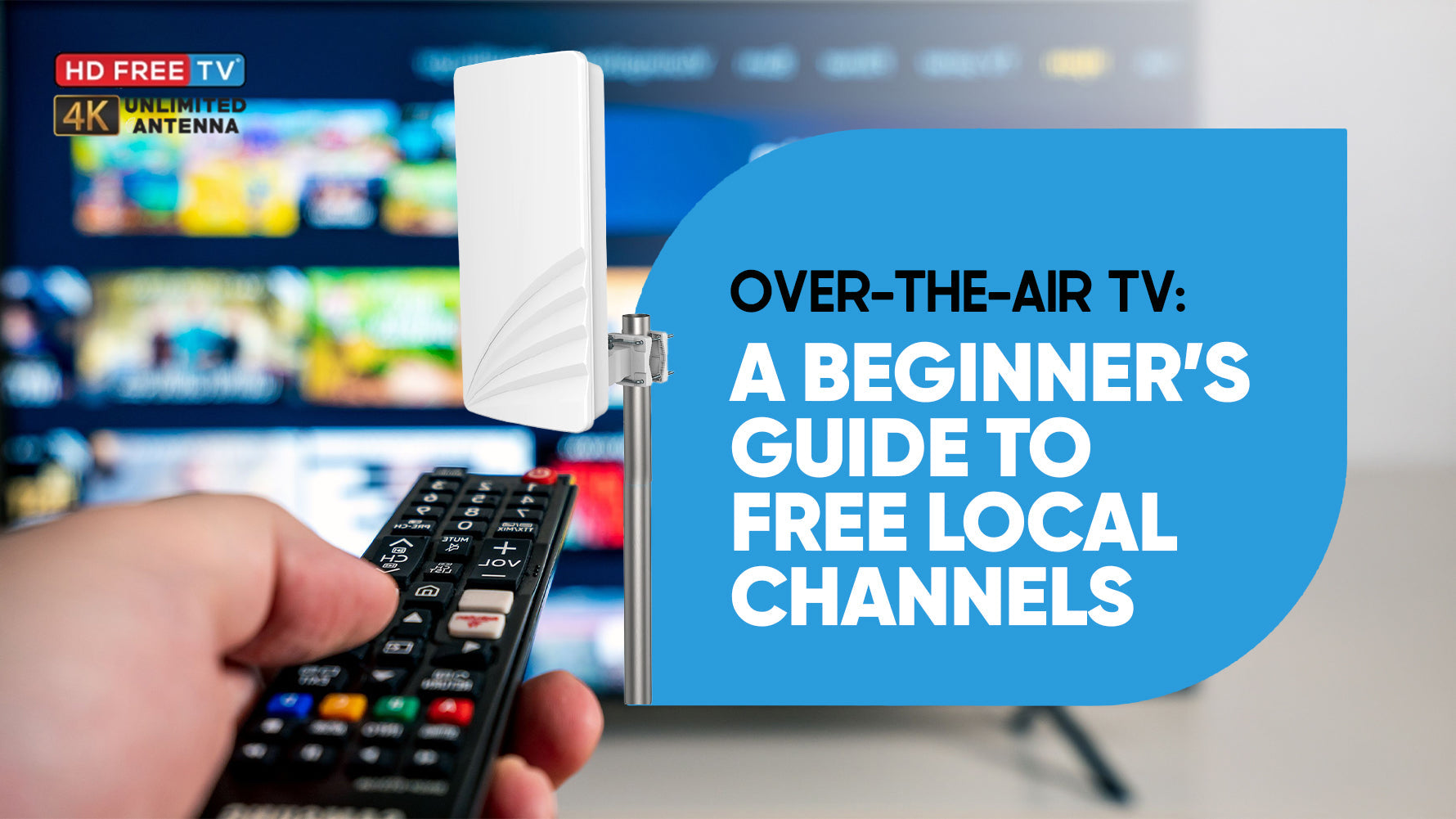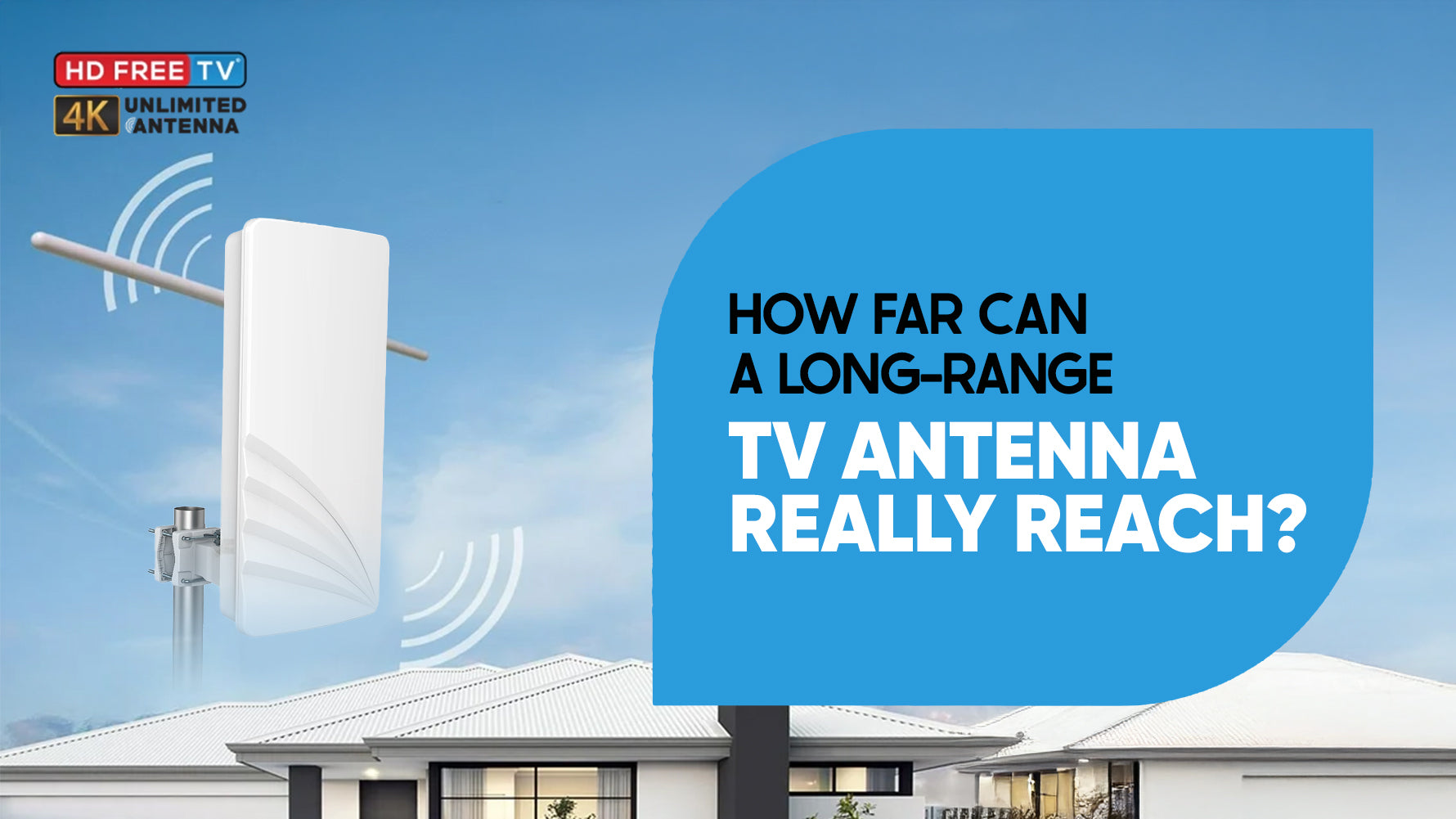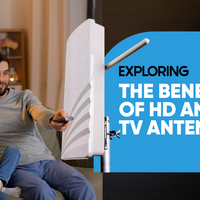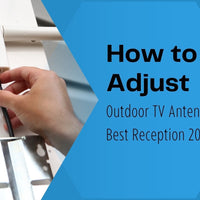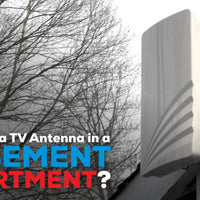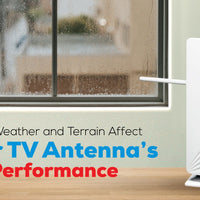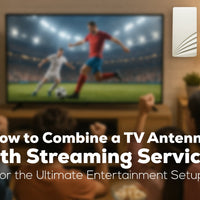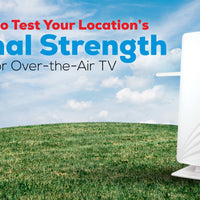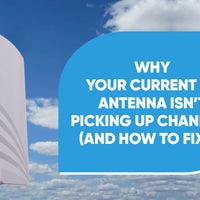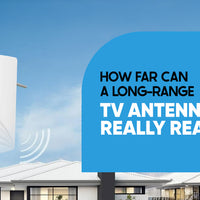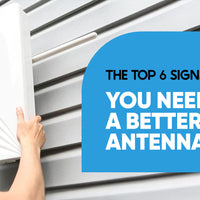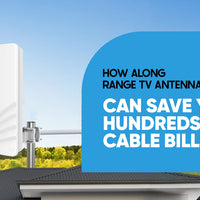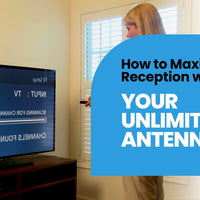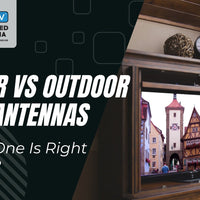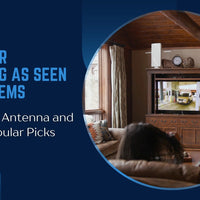Summary Get rid of monthly cable bills and have a crystal-clear TV. Enjoy high-quality picture and audio that often surpasses satellite and cable broadcasts. Watch local news, live sports, and maj...
Continue ReadingNews
How to Adjust Your Outdoor TV Antenna for the Best Reception
- Mount your outdoor antenna high with a direct line-of-sight to broadcast towers for optimal HDTV reception.
- Use tools like AntennaWeb.org to align your antenna precisely toward tower clusters.
- Rescan channels after each adjustment to capture the fullest range of free broadcasts.
- Preamplifiers, quality cables, and rotators boost reception in challenging environments.
- Regular inspections prevent corrosion or damage, maintaining consistent signal quality.
Can I Use a TV Antenna in a Basement Apartment?
Summary: Thick walls and underground depth weaken TV signals, requiring elevated antenna positioning. Amplified antennas near glass capture clearer broadcasts, maximizing channel access. Moun...
Continue ReadingHow Weather and Terrain Affect Your TV Antenna’s Performance
Summary Weather and terrain have a major impact on OTA TV reception, causing pixilation, dropouts, or lost channels. Rain, snow, humidity, wind, mountains, valleys, and buildings can scatter, blo...
Continue ReadingHow to Combine a TV Antenna with Streaming Services for the Ultimate Entertainment Setup
Summary: Use a TV antenna like Unlimited Antenna with streaming services to save money and enjoy more content. Place the antenna high and near windows for better signal and run a channel scan. Pic...
Continue ReadingHow to Test Your Location’s Signal Strength for Over-the-Air TV?
Summary Testing your location’s signal strength is key for the best over-the-air (OTA) TV experience. Use online tools like AntennaWeb or FCC Maps to predict signals and tower locations. For exact...
Continue ReadingWhy Your Current TV Antenna Isn’t Picking Up Channels (And How to Fix It)
Summary: Improper placement, poor connections, and outdated technology are common causes of signal issues. Environmental obstructions and interference from electronics often weaken reception. Repo...
Continue ReadingOver-the-Air TV: A Beginner’s Guide to Free Local Channels
Summary Over-the-Air (OTA) TV provides access to free local channels without monthly fees. Antennas receive digital signals for high-definition content, including local networks and subchannels. I...
Continue ReadingHow Far Can a Long-Range TV Antenna Really Reach?
Summary A long-range antenna can typically reach up to 100 miles, but actual performance varies by location and terrain. Key variables include antenna type, broadcast tower proximity, and environm...
Continue Reading
